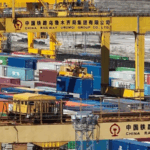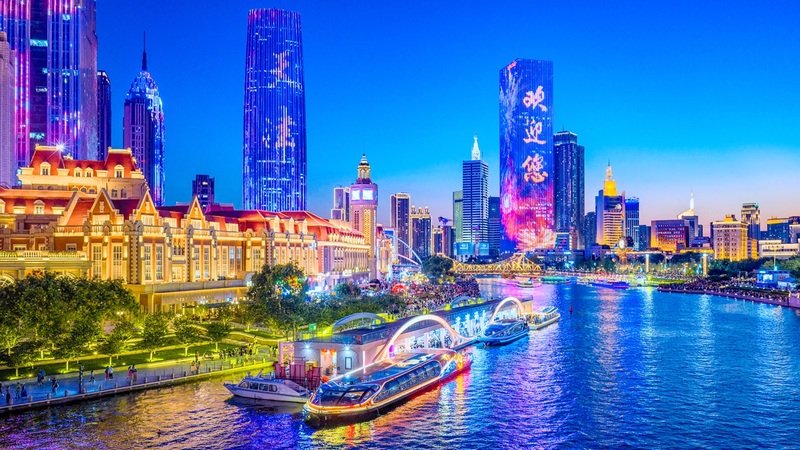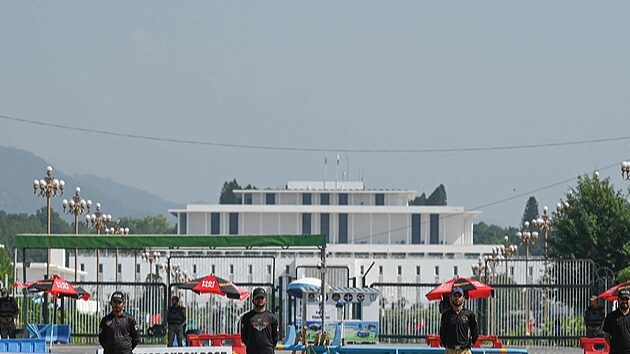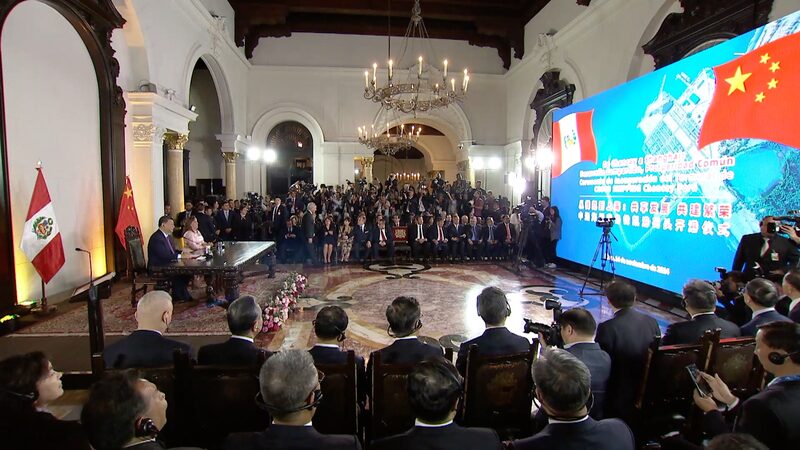As dawn broke over Tianjin Port in May, the first China-Central Asia freight train of 2025 embarked on its journey to Tashkent – a steel-and-cargo symbol of Beijing's deepening engagement with Eurasian partners. Laden with auto parts and industrial goods, this 50-container convoy represents more than commerce; it carries China's vision for an integrated Shanghai Cooperation Organization (SCO) community.
The SCO, born from six nations in 2001, now spans 60% of Eurasia with 10 full members including India and Pakistan. Its upcoming Tianjin summit from August 31 to September 1 marks China's fifth hosting turn – and potentially its most consequential. Over 20 national leaders will gather as President Xi Jinping chairs both the SCO heads-of-state meeting and expanded 'SCO Plus' dialogue.
"This summit will showcase practical cooperation achievements while charting new development blueprints," said a Chinese Foreign Ministry spokesperson. The event follows China's assumption of SCO presidency after the 2024 Astana Summit, with infrastructure connectivity high on the agenda.
Economic analysts note the Tianjin-Tashkent rail link exemplifies China's dual strategy: boosting regional trade while advancing the Belt and Road Initiative. Since 2013, China-Central Asia trade has grown 1.5 times faster than China's overall foreign trade, reaching $89 billion in 2024.
As summit preparations intensify, Tianjin's logistics hubs hum with activity. The port city expects to handle over 700 China-Europe freight trains this year – a 15% increase from 2024. For global businesses, these developments signal expanding opportunities in what the World Bank calls "the world's largest regional market by population."
Reference(s):
China committed to building closer SCO community with shared future
cgtn.com








